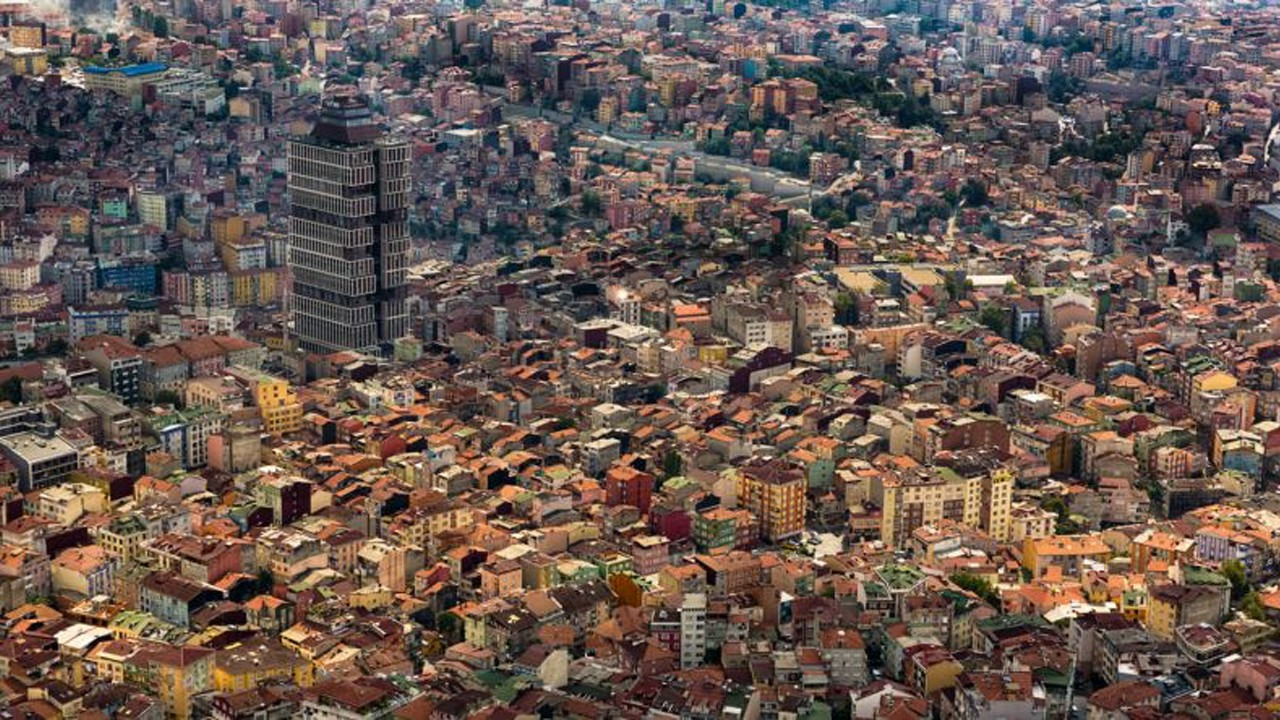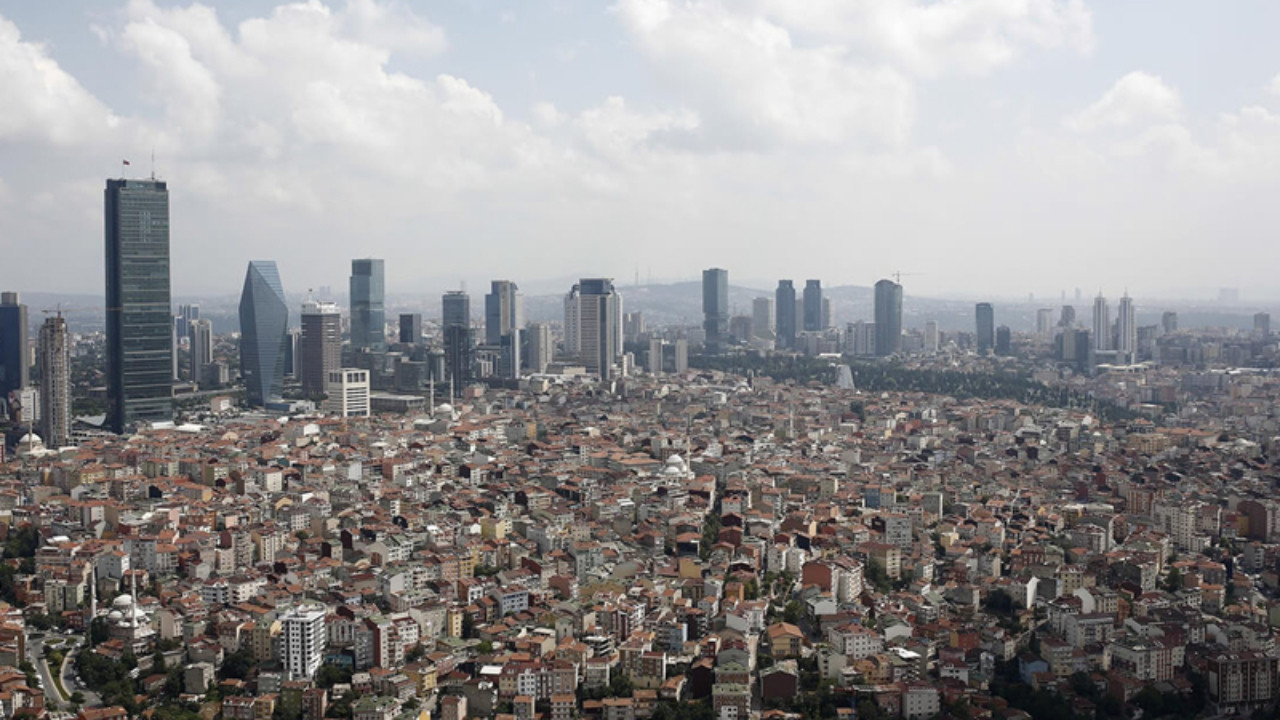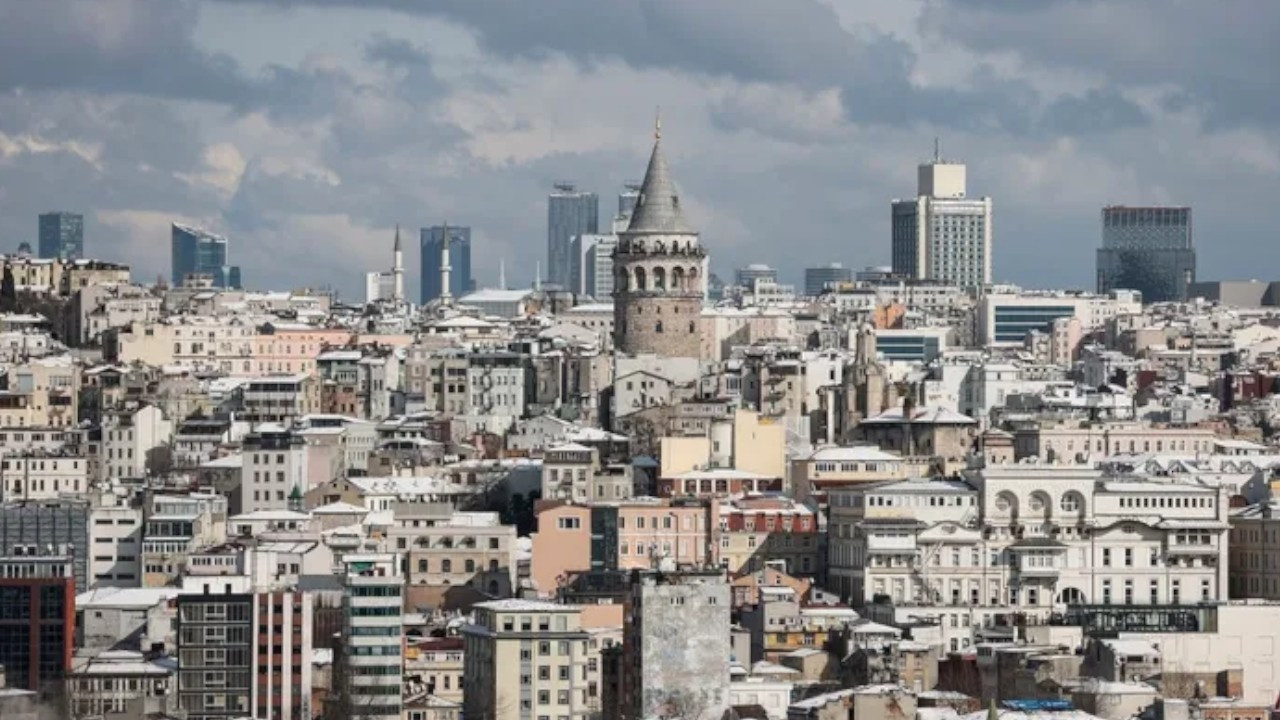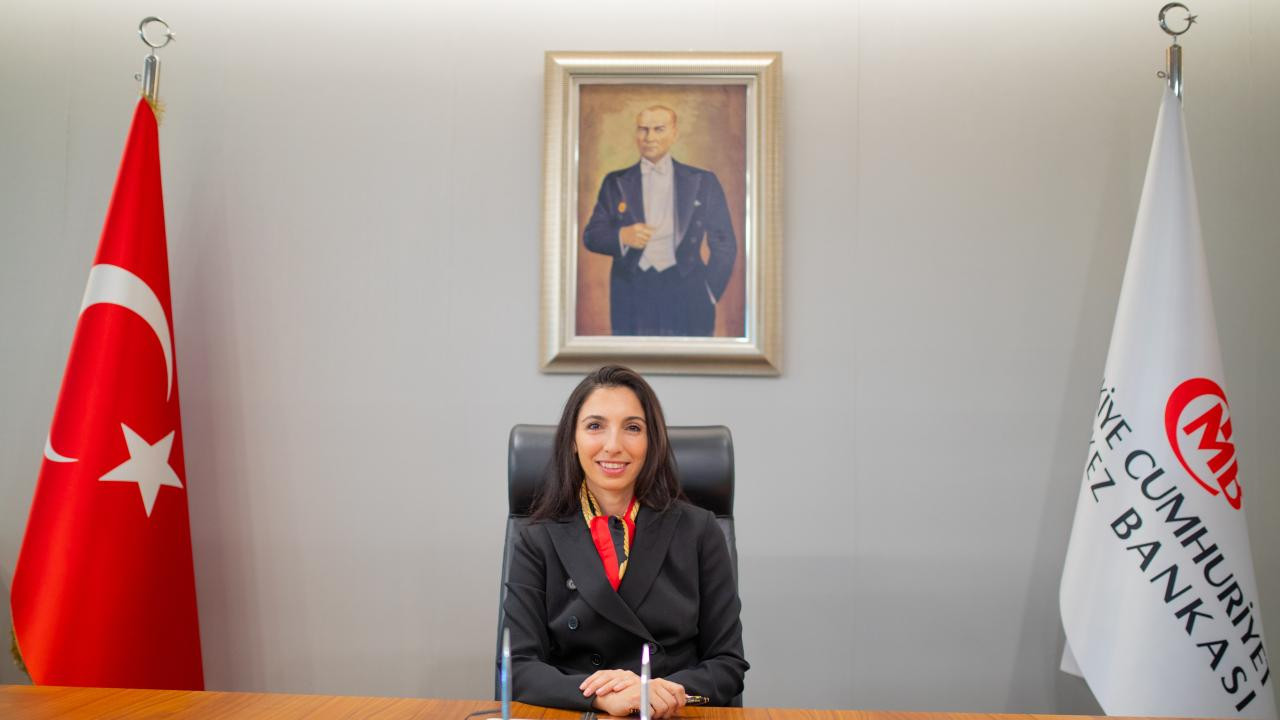Expected major quake and high rents push people out of Istanbul
The expected major earthquake and high rents have made Istanbul no longer a place to live for the citizens. Thousands are making plans to leave the megacity, but even moving out of Istanbul is quite costly.
Osman Çaklı / DUVAR
Unless you are already a tenant, it is almost impossible to find an apartment for rent under 20,000 liras ($606) in Istanbul. The rate of change in rents reached 800 percent between 2021 and 2024.
Coupling with the expected major earthquake in the megacity that experts have been warning for years, this situation both increases the number of people who want to migrate from Istanbul and causes those who want to come to Istanbul to make other choices.
However, even moving out of Istanbul is quite costly. Especially those working in the private sector say that they need to save money for months or take out loans to move from Istanbul.
While the destination of migration is usually the hometowns of those who leave, southern cities are avoided as the rents are not different from Istanbul.
The cost of moving out reaches 80,000 liras ($2,425)
The demand for migration that started with the pandemic continues with the earthquake threat and economic concerns. Many students refrain from choosing Istanbul universities. On the other hand, those living in Istanbul either want to change their residence because it is unsafe for an earthquake or they plan to return to their hometowns.
The cost of moving out is also above the average private sector salary. The transporters we interviewed told us that there are different prices for the transportation of goods within Istanbul. The lowest transportation fee of 10,000 liras goes up to 30,000 liras.
While the cost of moving out of the city is between 40-50,000 liras if there are the belongings of several houses in a single car, this price goes up to 80,000 liras if one wants to transport only the belongings of their own home.
Prices vary depending on the kilometer, how many floors the flat is on, and how much furniture one has.
Nilüfer Kas, member of the Real Estate Services Committee of the Istanbul Chamber of Commerce, stated that Istanbul started to emigrate seriously immediately after the pandemic started.
Stating that the regions close to Istanbul have received migration, Kas said, “The main breaking point was the increase in rents. Between 2021 and 2024, rents increased between 600 percent and 800 percent. The 25 percent rent cap was not actually implemented and disrupted social peace. In the second year of the cap, the mediation system was introduced. From September 2023 to June 2024, 180,000 people went to mediators. Only 79,000 of them agreed. The rest became litigants. Until today, the number of lawsuits was around 40,000 per year at the highest.”

Kas further said Istanbulites are mostly moving out to the Black Sea and Anatolian region. “It is very difficult to find a place for rent under 10,000 liras both outside Istanbul and in Anatolia. No matter where one goes, rents are quite expensive. However, transportation and access to food are cheaper. On the whole, the cost of living is lower than in metropolitan cities. If you don't have a house and your household gain less than 3-4 salaries, it is a miracle to live. A minimum wage earner spends their salary on rent together with dues.”
Regarding earthquake concerns, Kas said there are almost 698,000 risky buildings in Istanbul. “A very serious part of the building stock is at earthquake risk. People wonder if they should pay so much rent for buildings that are not earthquake-resistant. For example, Üsküdar district is one of the oldest places in terms of building stock. Beyoğlu and Fatih districts are the same way. It is very difficult to find a place for rent below 15-20,000 liras. The infrastructure is falling apart, the building is falling apart, and so on.”
“Those leaving Istanbul are generally heading towards Anatolia and the Black Sea. This is my guess. Because they don't go south. With the start of the Russia-Ukraine war, prices there have increased a lot and have not decreased yet. The southern provinces are competing with Istanbul (in terms of rent prices),” she added.
Nizameddin Aşa, Chair of the Istanbul Chamber of Realtors, said that Istanbul is not a preferred city at the moment.
“People do not buy houses, nor do they want to rent them. Those who buy are buying for investment purposes. Those who buy for investment purposes know that the house will be demolished, they buy the house for 3 million liras, and after the transformation that house becomes 10 million. Contractors, companies, and individuals do this. Both the earthquake and the pandemic have an effect. The prices of houses with gardens and large houses are high. Citizens cannot buy these anyway. Those who leave Istanbul usually go to their hometowns. The state also encourages this and pays for the move.”

'Even if I survive an earthquake, I will starve to death'
An Istanbulite, Zeynep Akat, said she wants to move out of Istanbul, where she was born, due to livelihood and earthquake concerns. She said she is willing to move to the eastern Bingöl province, her hometown.
“I used to think that I was born in Istanbul and I would die in Istanbul. But now I realize that this is not possible and I want to escape this city at the first opportunity. Actually, this is not a desire, it's more like an obligation because the city has become incredibly expensive. The 400-lira state scholarship I received during my university years covered everything for a month. With this money, I was able to cover my food and drink expenses, and I could go to concerts and theaters. Right now, I am making all my plans to leave because there is no place where I can live and shelter with the money I earn here. There is a policy of gentrification in city centers and the center constantly pushes you to the periphery. Due to your job, social circle, or life practices, you no longer live in the places where I lived until today. They have become places where only the extremely rich or tourists can live,” she said.
Akat said she was having anxiety for the expected earthquake beyond all these points, adding that this concern increased after the Feb. 6 2023 earthquakes in Kahramanmaraş. She thinks that she will die in an earthquake in Istanbul in its aftermath if not during it.
“Even if I live in a strong building and survive an earthquake, I will starve to death, because this is a city where all the rules about earthquakes are turned upside down. Let me talk very utopian, maybe you find a solid building and you can live in a house where you feel safe. But what will you do when there is a terrible earthquake and all the houses on your street, in your neighborhood collapse? Even if I survive the earthquake, I think that I will starve to death. Horrible images and the smell of corpses come to my mind and I live with this thought every day in Istanbul. Living with the thought that I will die every day leaves you no choice but to flee this city. I want to run away from Istanbul without looking back,” she concluded.
(English version by Alperen Şen)

 2.5 million people will face danger of death in expected major Istanbul quake, veteran seismologist warnsDomestic
2.5 million people will face danger of death in expected major Istanbul quake, veteran seismologist warnsDomestic 600,000 flats would collapse in major earthquake in Istanbul, says ministerDomestic
600,000 flats would collapse in major earthquake in Istanbul, says ministerDomestic Sarıyer tops Istanbul districts for housing rent pricesEconomy
Sarıyer tops Istanbul districts for housing rent pricesEconomy Turkey's Central Bank governor Erkan says struggles to find housing in Istanbul due to high rentsEconomy
Turkey's Central Bank governor Erkan says struggles to find housing in Istanbul due to high rentsEconomy